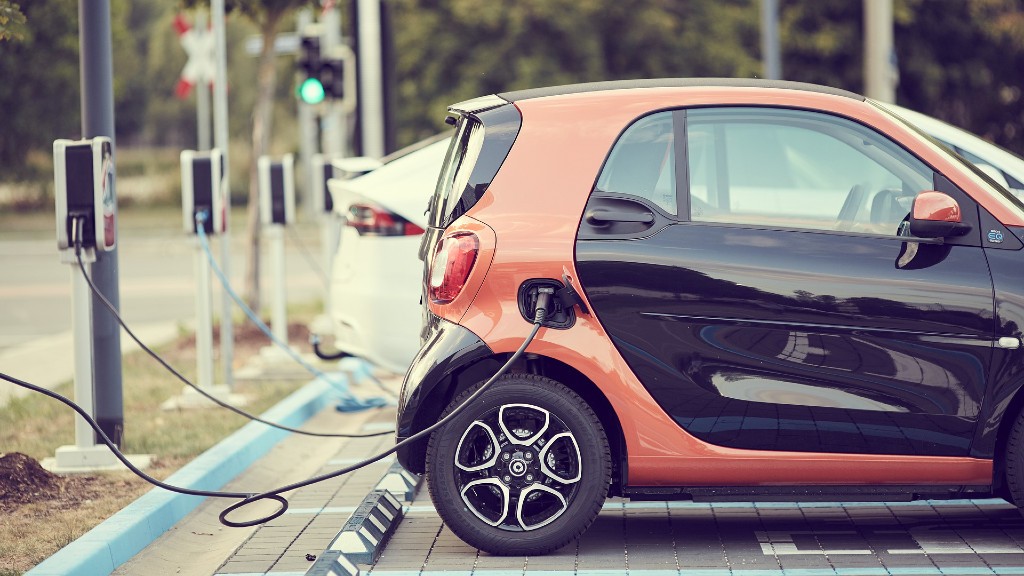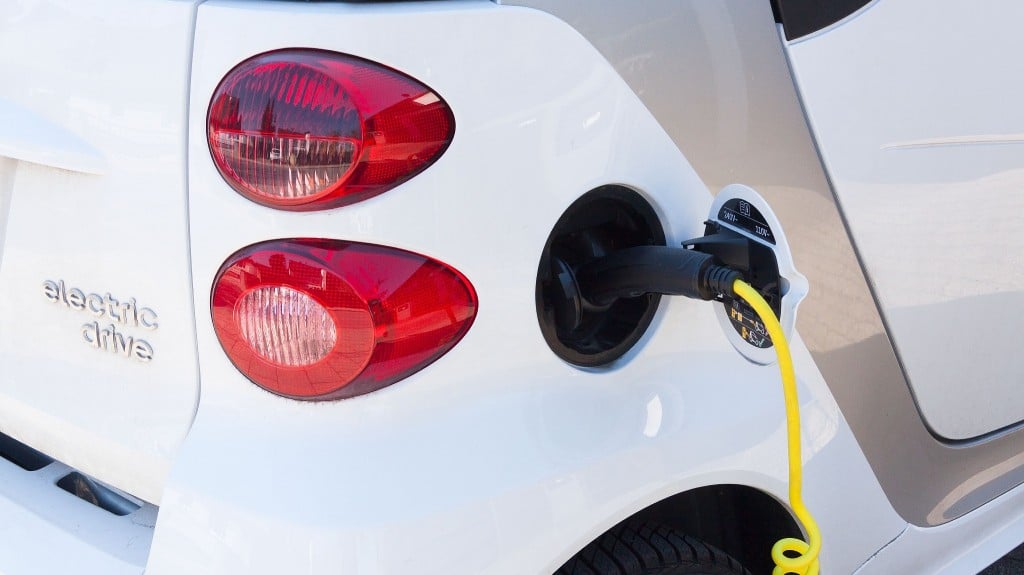U.S. Department of Energy to allocate $3 billion in funding to support EV battery manufacturing and recycling

President Biden and the U.S. Department of Energy have issued multiple notices of intent to allocate $2.91 billion in support of EV battery manufacturing as part of the Bipartisan Infrastructure Law. The DOE shared plans to use the funds to further battery materials refining, production plants, and battery cell manufacturing facilities in addition to battery recycling.
The U.S. Departments of Transportation and Energy also jointly announced nearly $5 billion set aside to support a national electric vehicle charging network under the National Electric Vehicle Infrastructure (NEVI) Formula Program - another program established within President Joe Biden's Bipartisan Infrastructure Law.
U.S. to produce EV batteries to gain energy independence
The latest round of funding in support of U.S. EV adoption came from the Department of Energy in the form of two letters of intent, promising just under $3 billion in funds.
By bringing EV battery manufacturing stateside, the US hopes to increase economic competitiveness in the global EV market and gain energy independence from the battery monopoly China currently operates. Furthermore, the overall manufacturing process will significantly shorten U.S. supply chains and bring new clean energy jobs to US workers.
US Secretary of Energy Jennifer M. Granholm said: "As electric cars and trucks continue to grow in popularity within the United States and around the world, we must seize the chance to make advanced batteries — the heart of this growing industry — right here at home. With funding from Bipartisan Infrastructure Law, we're making it possible to establish a thriving battery supply chain in the United States."
The aforementioned Bipartisan Infrastructure Law will allow DOE to help fund new, retrofitted, and expanded US facilities for the entire life cycle of an EV battery - from processing materials, producing cells and packs, to recycling batteries.
The letters of intent state the funding will also support research, development, and demonstration of second-life applications for batteries following their use powering US-made EVs.
The funding, which is expected to become available in the coming months, will support the U.S. in producing EV batteries and the materials that go into them such as lithium, which remains in high demand around the globe.


